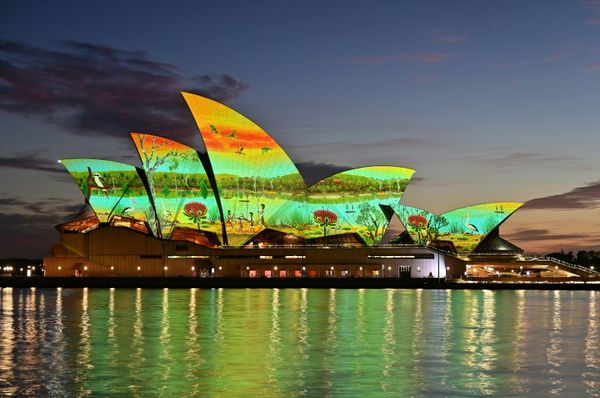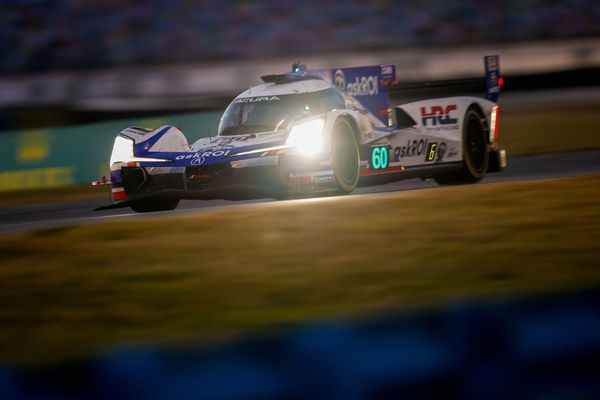When I called rock legend Dion DiMucci for an interview recently, I wasn’t quite sure what to expect. When he answered the phone “Yo,” I thought of his tough-guy roots in Bronx gangs singing doo-wop on stoops. What would he be like? A macho guy like in his hit song, “The Wanderer?”

Truth is, Dion is a sensitive, funny person with stories. I mean real stories. Now 79, his memory is sharp and vivid. For an hour and a half, we discussed his seasoned career. Who in real life is Runaround Sue, The Wanderer? What does Dion think about the British rock invasion of the early sixties? What does he remember about Del Shannon? How does he feel as the guy who gave his seat to Ritchie Valens when that plane crashed killing Valens, The Big Bopper and Buddy Holly en route to a gig in Fargo, ND, on Feb. 3, 1959?
Following is part one in a series of edited interview excerpts that answer all of those questions and more, including news of a new play about Dion’s life set to open in New York soon. Part 1 below focuses on the tragic plane crash.
Jim Clash: Have you played “Runaround Sue” more often than you’ve done media interviews [laughs]?
Dion DiMucci: Definitely [laughs]. I never got into this business to do interviews. It was always about the music.
Clash: Let’s start with a life-changing event. You were supposed to be on the plane that infamously crashed in 1959 with The Big Bopper, Ritchie Valens and Buddy Holly, killing all three and the pilot. You were 19 at the time. What are your recollections now?
DiMucci: It did change my life. I got to know Buddy Holly pretty well. I introduced him to Manny’s Music on 48th Street in New York and a clothing shop on Third Avenue [laughs]. We all went out on that tour in January 1959. We rehearsed in Chicago first. Then we drove up to Milwaukee in a bus. It was not the typical bus you see today, like a Golden Eagle. It was a yellow church school bus out of a parking lot. That was it.
It was a lot of fun in the back of that bus with Ritchie Valens, Buddy and The Big Bopper sharing each other’s songs. After two weeks into the tour, the bus had broken down so many times. That night in Clear Lake, IA, Buddy just got fed up. He was a little older, 22 I think. He was very decisive. He impressed me because I was 19 and insecure. He decided to charter a plane so we could get to the next stop, get a shower, get some sleep, get our wash done. It was like 400 miles in blinding snow to Fargo, ND.
So he chartered a Beechcraft Bonanza. That night we were all tired after the show. He took us into this room. And he said, “Listen, there’s only four seats on the plane.” Roger Peterson, the pilot, took up one and there was room for only three others. One of the headliners couldn’t go. So let’s flip a coin to see who gets to fly and who goes on the bus. Ritchie didn’t really want to go on the bus because he was sick. Anyway we flipped the coin, and I won the toss.
Then we found out it was going to cost $36 for each of us. It would have been less than a two-hour flight. On the bus, we would have to drive all night to Fargo. But when he said $36, a light went off in my head because my father paid that monthly for rent in the Bronx. So I thought, ‘I’m not going to spend a whole month’s rent just for a flight.’ My primary reason for not going was the $36! So I said to Ritchie, “Please you go. Take your coat. Stay warm. I’ll watch your guitars.” Buddy then said to me: “Watch my guitar, too. Take care of it like you would take care of your testicles [laughs].” I said okay. Later on, when I saw Peter Townshend [The Who] break a Fender guitar on-stage, I thought it was a sacrilege. Guitars were like gold to us.
Anyway, the four of them left for the airport around midnight. I got on the bus with some of the back-up musicians. The plane took off, and within five minutes crashed. A storm came in and the pilot drove the plane into the ground because he couldn’t read the instruments.
The next morning, when we showed up and pulled in to the hotel in Fargo, I remember it as a sunny day. We got off the bus and the locals were in the lobby watching this black-and-white TV. It was coming across the screen that these three rock-and-roll artists had died in a plane crash. Jim, it was hard to get my mind around it. I didn’t even know how to grab onto that. It baffled me. I have a good memory before that happened, but after I don’t remember too much.
We stayed out on tour for two more weeks. I was singing some of Ritchie’s songs, some of Buddy’s. We got telegrams from Bobby Darin, Phil Spector, Dick Clark, Paul Anka. Back then it was telegrams, not texts. When I finally came back to the Bronx, there was no grief counseling. My parents didn’t talk about it. Nothing. Years later, I talked to my father. He said that when he heard the news it felt like getting open-heart surgery without the anaesthesia. My sister, Joanie, was making a peanut butter sandwich and just collapsed on her knees. She didn’t even know who it was in the plane crash. The news was just that three rock-and-rollers had died.
In the lobby of the hotel, we had gotten on line, making all of these calls. But nobody thought of calling Ritchie’s mother. Or Buddy’s family. We didn’t have their numbers. A lot of people didn’t even get through to their own homes because the lines were so busy. So a lot of these families just heard it on radio, like my family. Radio was big in those days.
Those three guys affected my life on a lot of levels. Buddy told me once, “Dion, I don’t know how to succeed, but I know how to fail. Try to please everybody, and you’ll go nowhere.” If he didn’t tell me that, I probably never would have done “Runaround Sue,” “The Wanderer,” “Abraham, Martin and John.” I miss those guys. Thank God that in my faith, relationships never end. I always ask for their prayers, because I feel they are closer to the beatific vision, and are helping me out. I have three angels up there.
[Editor's Note: In the next parts of this interview series, we will discuss the British Invasion, Del Shannon, who Runaround Sue and The Wanderer are in real life, the Rock and Roll Hall of Fame, how Dion kicked his drug habit and more. Stay tuned to the Forbes channel.]







